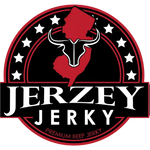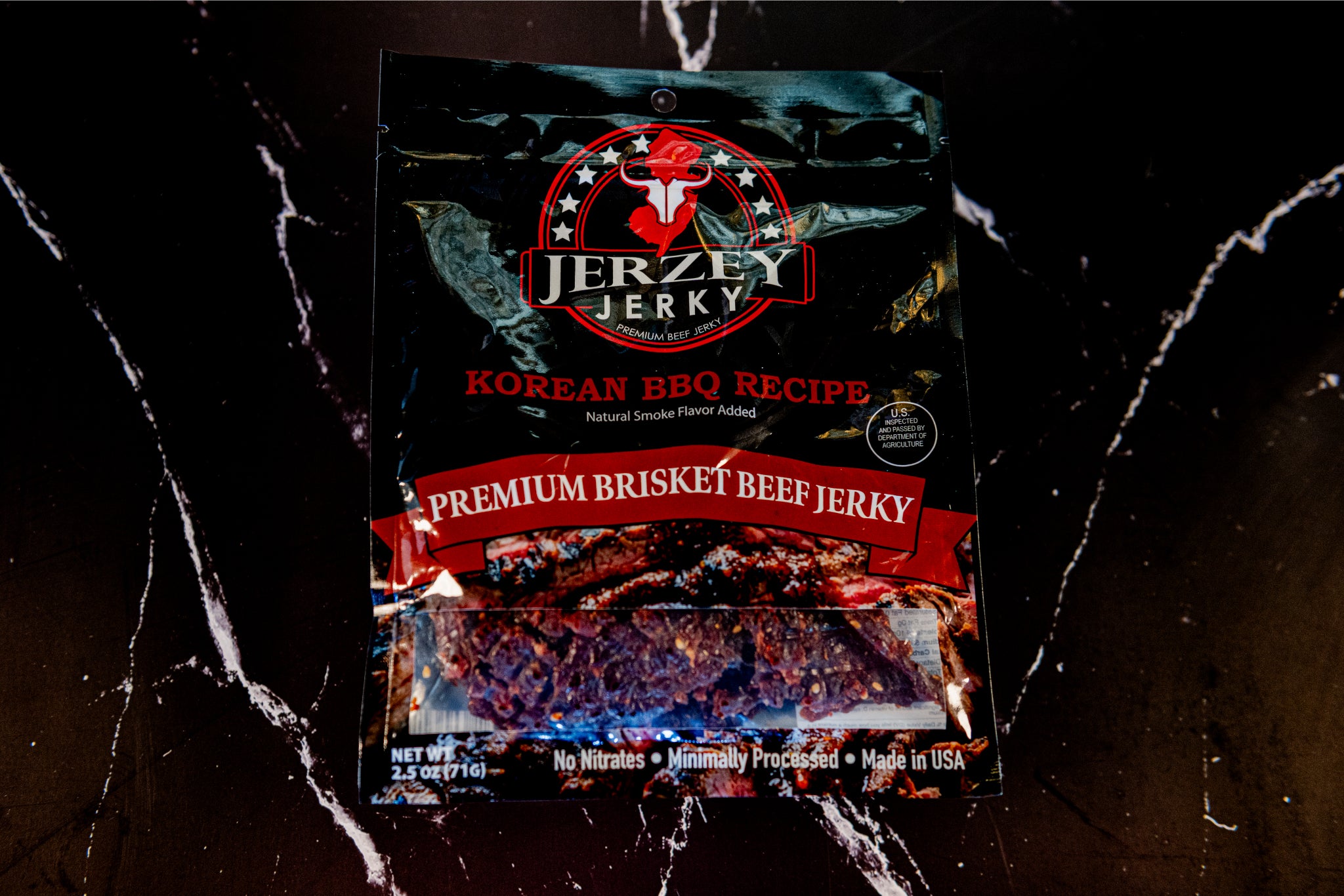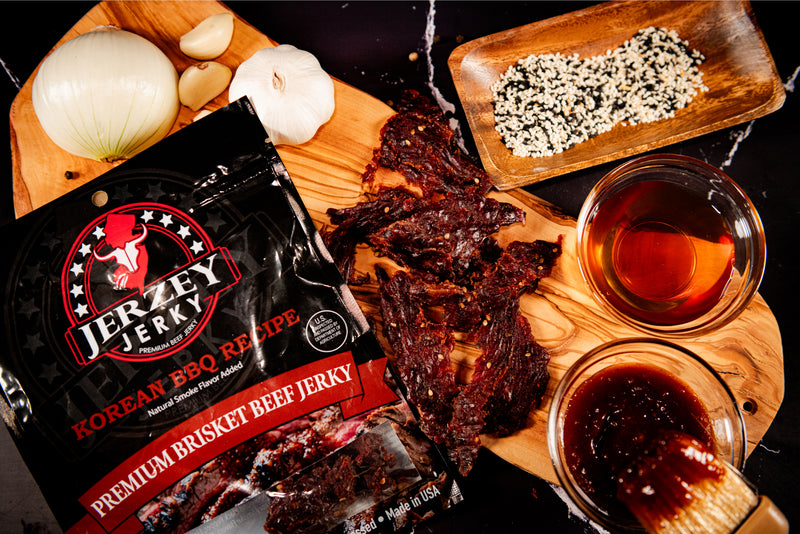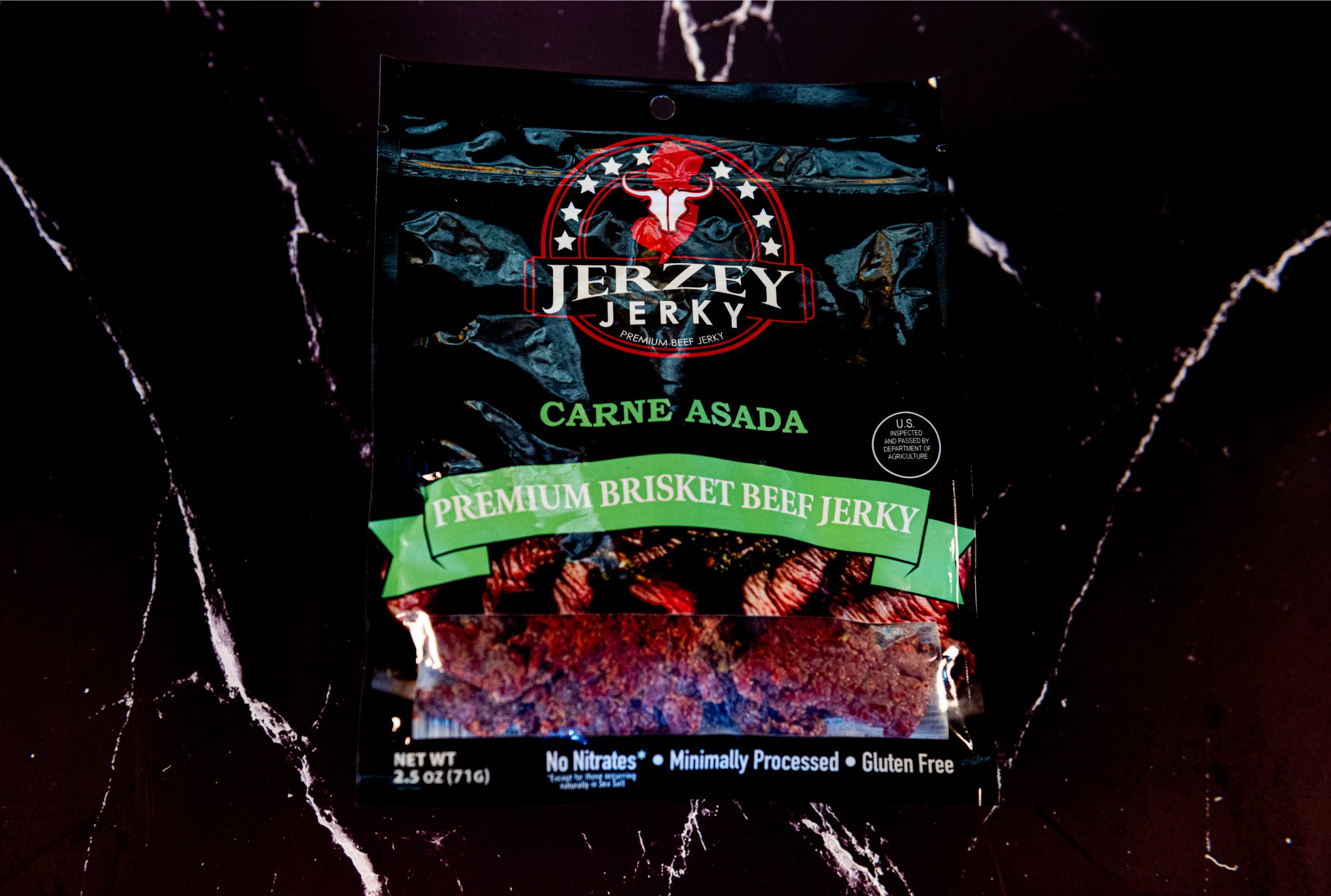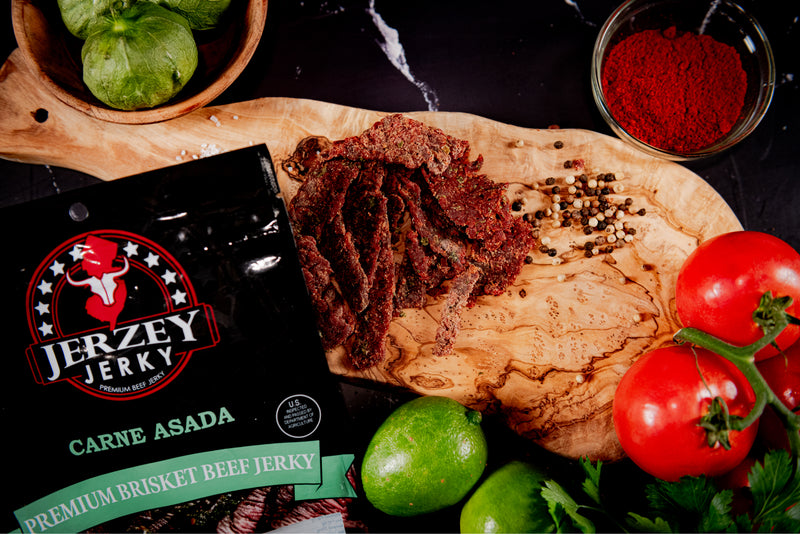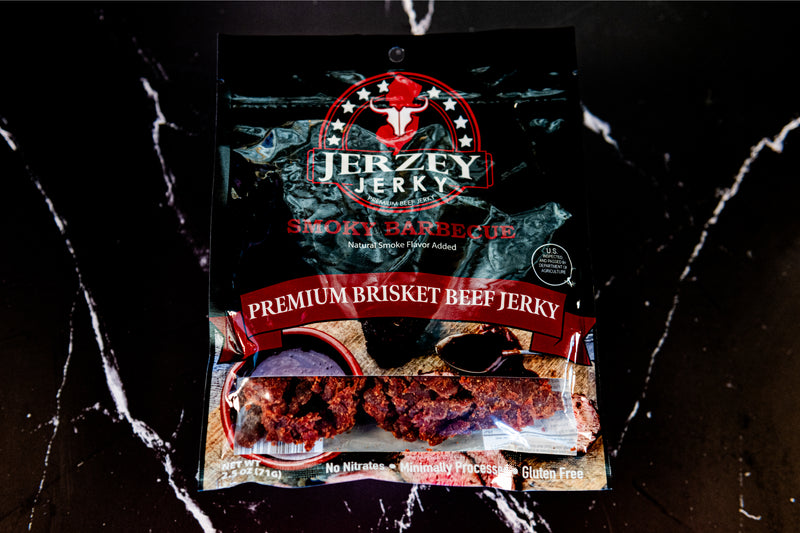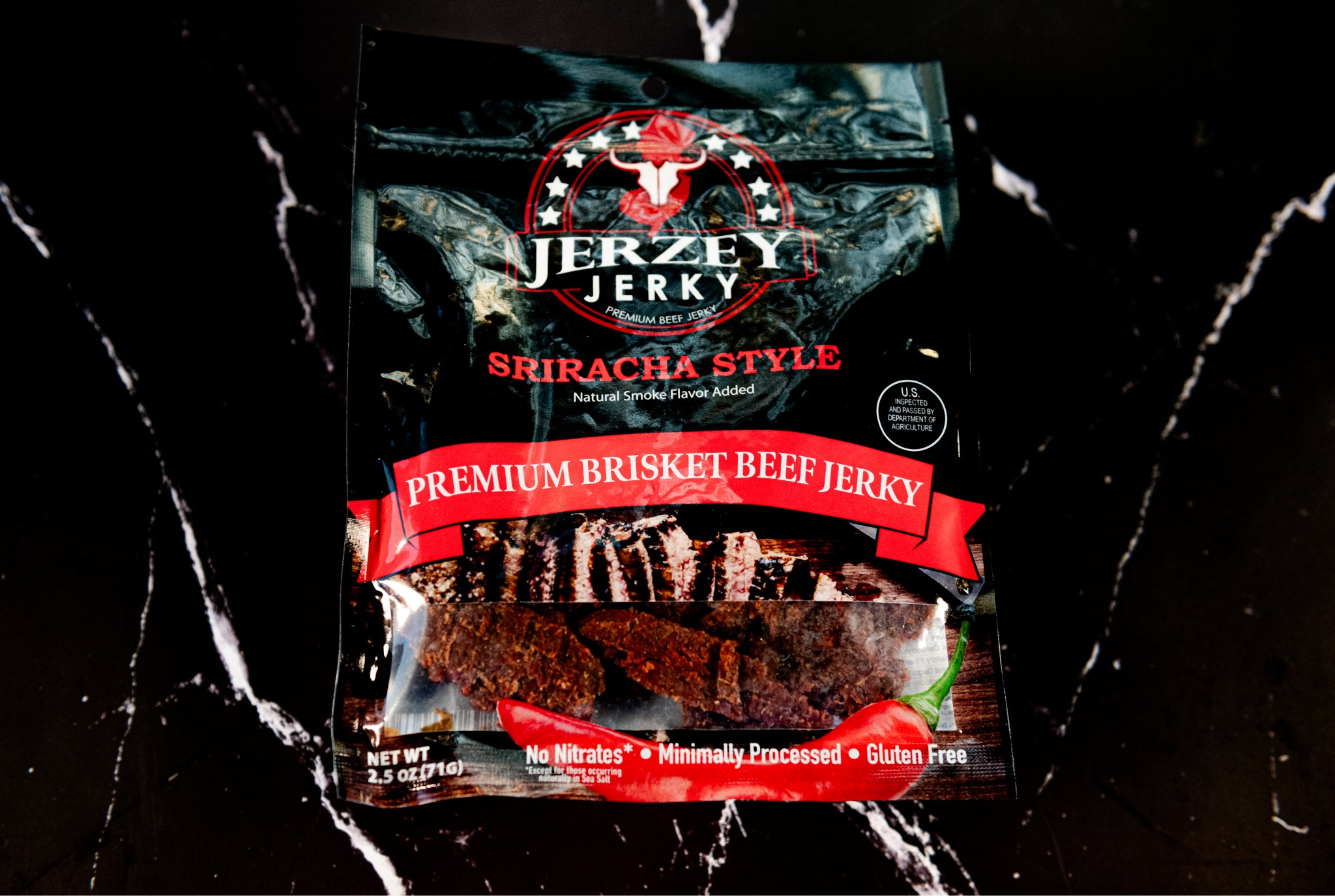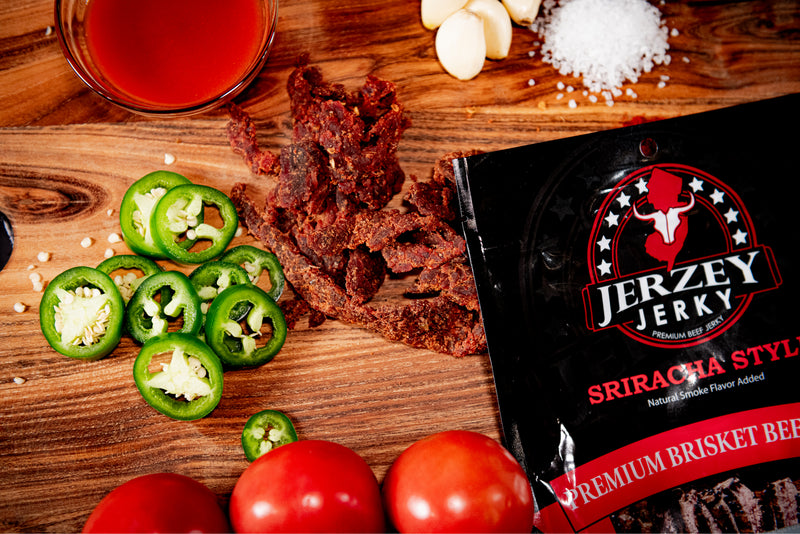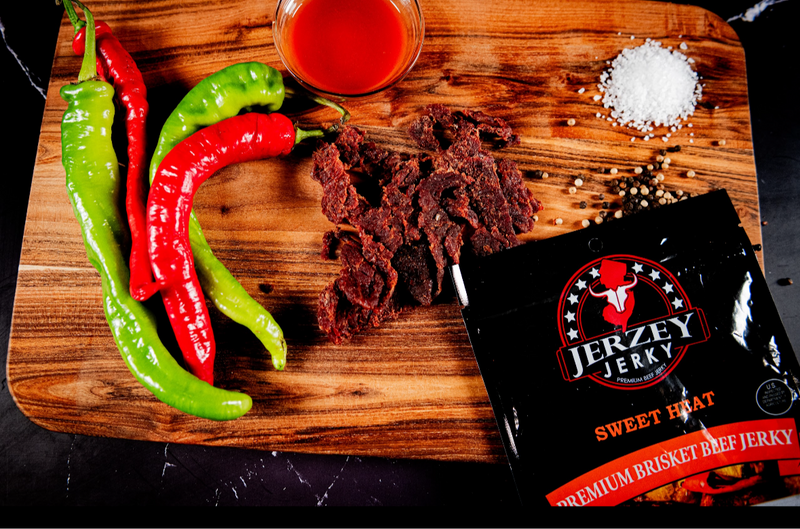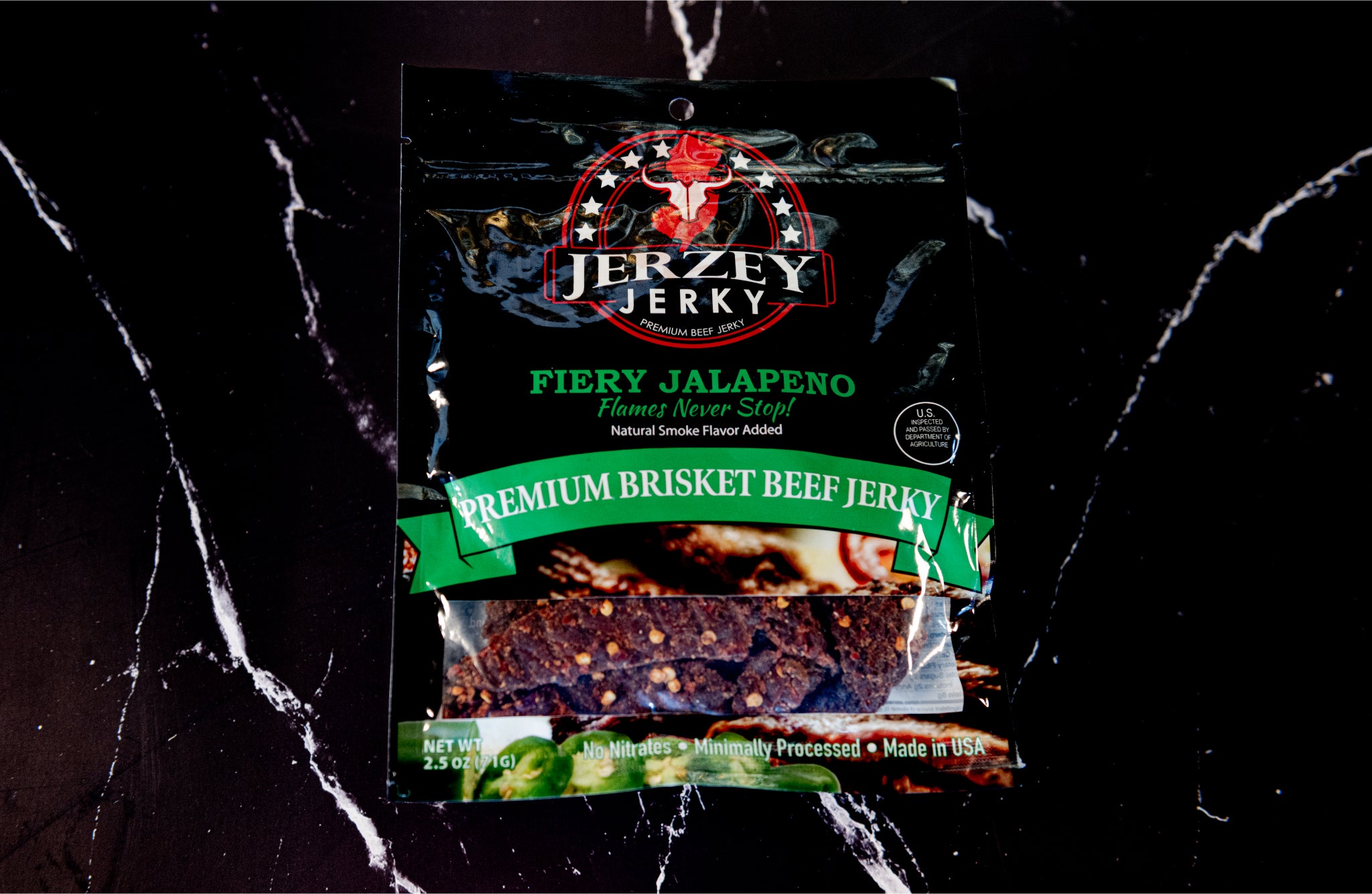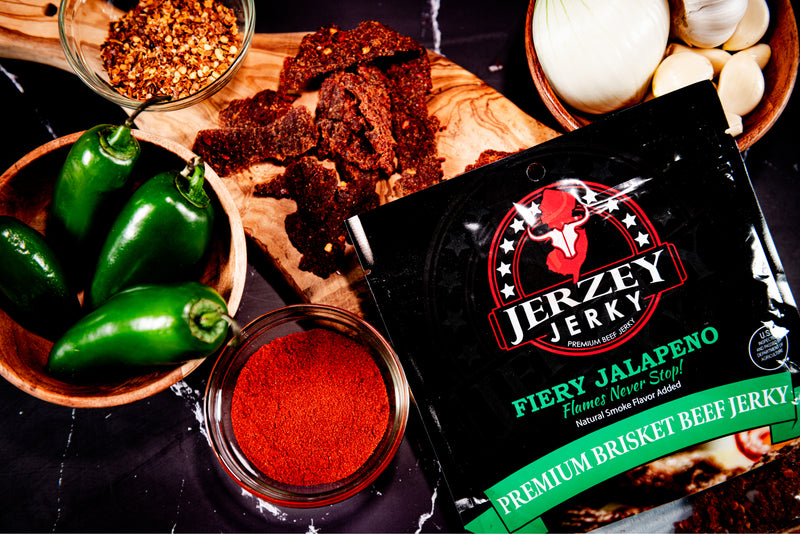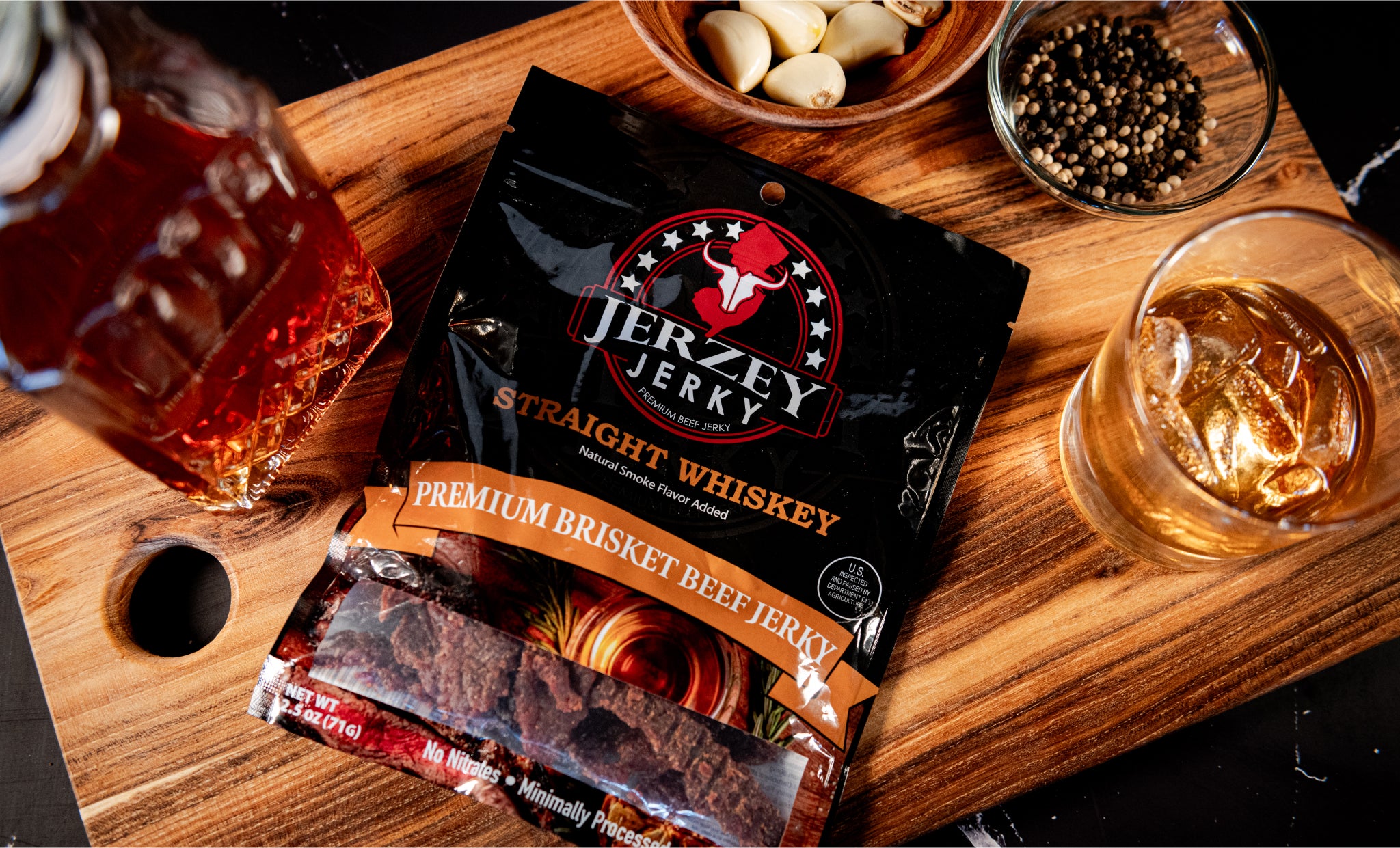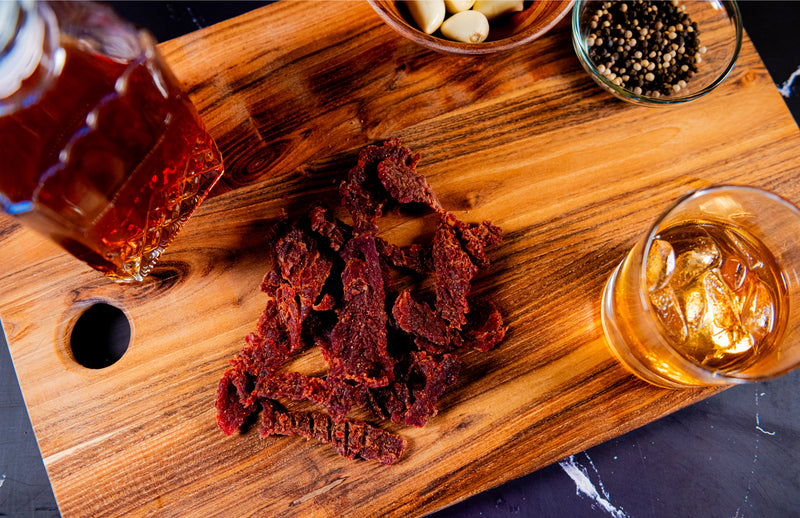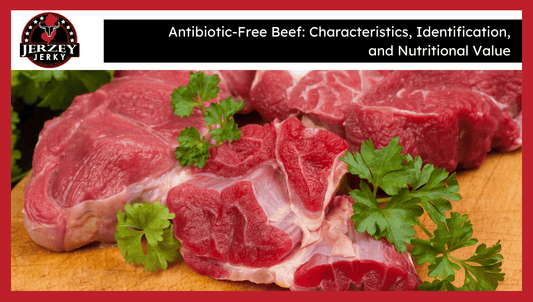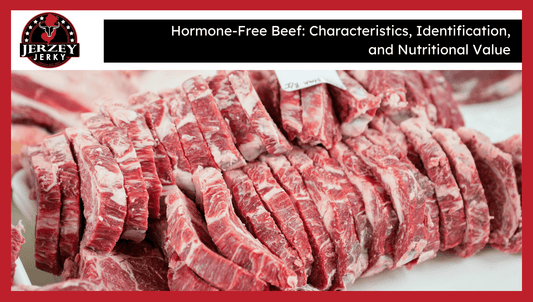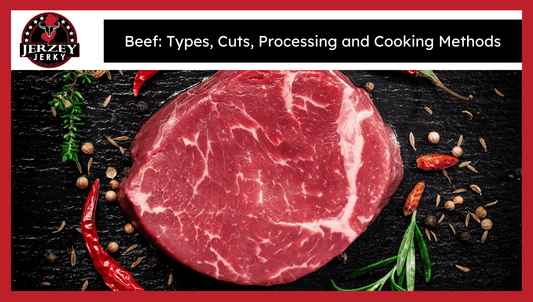
Is Beef Jerky Fattening
Beef jerky is not automatically fattening; it just leads one to gain weight when eaten in abundance. Research published in 2018 by the University of California has shown that a 100-gram portion of beef jerky contains 12 to 15 grams of fat. Although some fats are beneficial, most jerky products contain unhealthy fats, which add up to total daily calories.
Also, normally beef jerky has added sugars in it, which contribute even more calories. To illustrate, there are kinds with as much as 5 grams of sugar per serving, which increases the overall caloric content considerably. A recent study conducted by Harvard University showed that the regular intake of foods containing added sugar raises the likelihood of obesity by 30%.
When the calories eaten are more than what is needed by your body, those extra calories are stored as fat. A high-calorie intake of foods such as beef jerky over time results in weight gain. To prevent this, one needs to take jerky in moderation, particularly when monitoring weight.
What is the Nutritional Profile of Beef Jerky?
Here are the major nutritional values of beef jerky:
- Calories: Beef jerky has a moderate amount of calories. The caloric level depends on the kind of jerky and its composition, especially the fat absorption. It is still a fairly low-calorie snack in its portion.
- Protein: Beef jerky contains a lot of protein. Protein plays a significant role in the repair of the muscle and the normal functions of the body. The quantity of protein is specific to a cut and served jerky.
- Fat: The level of fat in beef jerky depends on the kinds of meat that is consumed. Less fatty meats are leaner and lead to less fat content in the jerky, whereas high-fat cuts lead to more fat concentration.
- Carbs: The added sugars in the seasoning most probably contribute to the greatest amount of carbohydrates in beef jerky. The carbs are also kept at a minimum and the sugars help to add to the carbohydrates.
- Sodium: Beef jerky contains a lot of sodium, the main purpose of which is to preserve the atmosphere and preservation. When sodium is taken in excessive amounts, there are blood pressure and heart risks associated with the same.
Shop the best-selling Teriyaki Beef Jerky - Brisket & Korean BBQ Beef Jerky - Brisket !
What are the Factors That Influence Fat Content?
Here are the main factors that affect the fat content in beef jerky:
- Cut of Meat Used: Fat concentration in beef jerky is directly dependent on the kind of meat cut. Leaner cuts, such as eye of round are seen to have less fat and the kind that has been tied with visible amounts of fat. Thinner cuts yield jerky meat that is less fatty.
- Cooking Method: The amount of fat that ends up in the jerky is dependent on the cooking method. In other drying processes, there is more usage of fat, whereas some drying processes such as dehydration result in a decrease of fat. The process employed defines the extent of fat retained in the final product.
- Added Ingredients: Other ingredients that are added also affect the beef jerky fat content. Jerky that is sweetened or has been glazed adds to the total amount of calories including fat. The seasoning with sugars and syrups contains additional calories and leads to an increased level of fat.
Can Beef Jerky Cause Weight Gain?
Yes, beef jerky leads to weight gain in case of its excessive consumption. Foods that are larger in fat and sugar aid to take in a lot of calories. Eating jerky every day also results in excess calories and weight gain since the daily calories we consume increase regularly.
Nothing, beef jerky does not make you fat when consumed moderately. When it is consumed in moderation as part of a healthy diet, it offers healthy protein in the right caloric amount. Moderation prevents it from resulting in a caloric excess.
Portion control is recommended to ensure that consumption of beef jerky does not lead to weight gain. By incorporating jerky in a balanced, nutritious diet, it is able to regulate the amount of calories consumed and supply the muscles and body with vital protein.
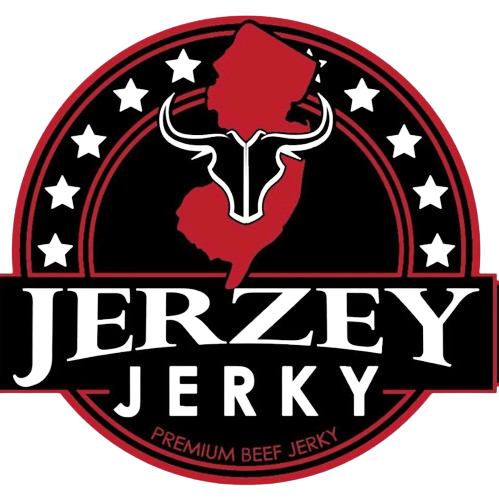
 2025-07-25
2025-07-25
 Wayne Holland
Wayne Holland

